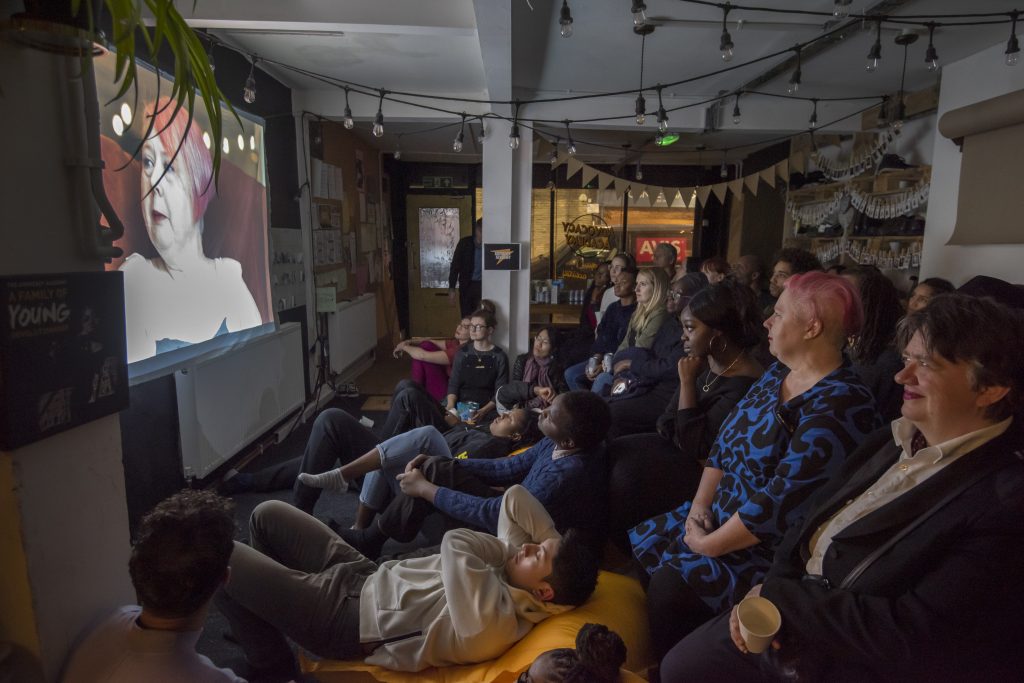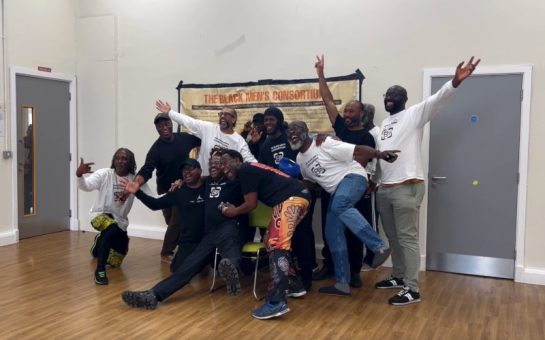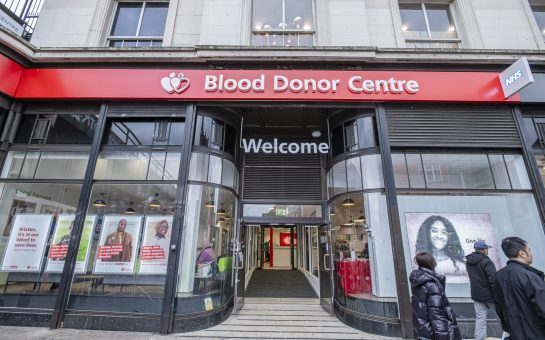A short documentary highlighting Brixton’s roots and legacy of activism is to be screened online tonight.
The award-winning film, We The People, was commissioned by the Museum of London and directed by Fan Sissoko & Virginia Nimarkoh, and will be followed by a Q&A with the film producers and contributors on active citizenship and social commitment.
Filmed over the summer of 2019 with a group of young people from The Advocacy Academy, the UK’s first campus for young activists, the documentary aims at describing Brixton’s long relationship with social participation through inter-generational discussions.
Researcher, designer and director Fan Sissoko said: “We always felt like there was something special in the air in Lambeth in general, but especially in Brixton.
“People have this tendency to just do what needs to happen. There is a tradition of activism, of resistance, creativity as well, and resourcefulness, so we wanted to capture that.
“We wanted to tell the story but from the perspective of people and from their own voices, capture the fact that these voices are still alive.
“I think a lot of people know about, for example, the riots in Brixton, and that’s the extent of what people know about, but it’s a lot richer.”
Following six exchanges between Brixton citizens from all ages, the documentary depicts the neighborhood’s unseen facets, such as queer activism, the British Black Panthers, or squatting.
Sissoko said: “One really touching story has been the one from Malcolm Watson, who was involved in one of the chapters of the film.
“He is someone who came from Glasgow as a young man and just got in touch with the local gay community, because there used to be a gay club and the first gay community center in London was in Brixton.
“He also got involved with the Brixton Housing Co-Op, which is a housing cooperative that is now open to everyone, but which at the time was mostly queer.
“Malcolm’s just so lovely, he’s such a gentle soul.
“He sadly passed away this year, so whenever I re-watch the film, it feels really special to hear him and to see him.”
Last September, We The People won the Film Future Award at Little Wing Film Festival, a prize that honours filmmakers’ ideas that should be promoted in the future of film.
Today’s screening was originally planned in March at the Museum of London but was postponed due to coronavirus.
The film embodies the work of the four-year programme Curating London, which focuses on depicting the city through collected contemporary artefacts from different boroughs, zooming in on people’s issues and characteristics.

As part of the programme and in conversation with Black Cultural Archive, the Museum of London will also potentially collect some material from the BLM protests which happened last summer, including a billboard showcasing George Floyd’s words “I can’t breathe” and material related to the removal of the statue of Robert Milligan outside the London Docklands Museum on West India Quay.
Sissoko said: “There is a whole new generation now that is becoming a lot more aware and a lot more active.
“We wanted to make the connections between those two generations, and get them to learn from each other.”
Evoking a sense of place, Domenico Sergi, senior curator for Curating London at the Museum of London, explained how the multiple screenings of We The People shown last year in the area reflect the ethos of Brixton’s community, generated by residents and given back to the residents.
He said: “How do we capture the sort of intangible heritage? How do we capture the memories of a place?
“We The People was important in that respect, because it essentially shows you an inter-generational approach to this kind of memory archive of a place and which otherwise would be lost.
“One of the questions that we address is particularly around the relation between museums and activism, and the fact that these type of projects generally are conceived within the realm of so-called social practice, which is more the artist’s system, the more socially engaged part of artist making, and museums are still questioning whether activism is something for them.”
We The People will be screened online this evening at 6pm and free registration can be made on the Museum of London’s website.
Featured image credits: We The People




